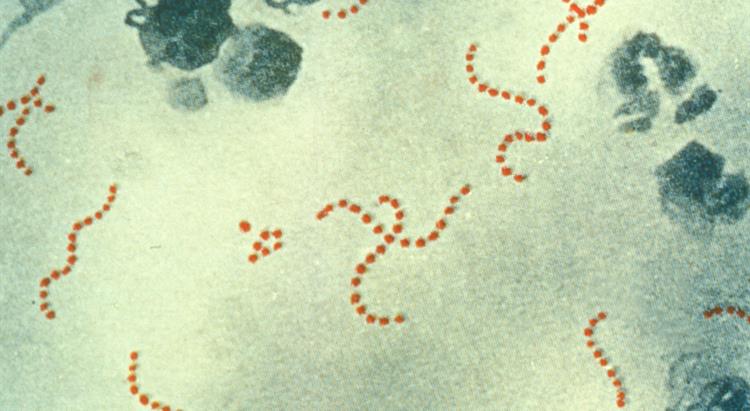06 December 2022

The Public Health Department is issuing advice on the symptoms and treatment of Scarlet
Fever as cases circulate locally and following a rise in case numbers and severity in the UK.
Professor Peter Bradley, Director of Public Health said “There has been an increase in
scarlet fever over the last few weeks in the UK and the bacteria that cause this are currently
circulating in Jersey too.
“Scarlet fever is usually a mild illness, but it is highly infectious and mainly affects children
and young people. Symptoms to look out for in your child, include:
- a sore throat
- headache
- fever (of 38c or more)
- a fine, pinkish or red body rash with a sandpapery feel
- a red face, but pale around the mouth and a white or red tongue
“If your child is unwell with symptoms of scarlet fever, you should seek medical advice
from your GP. Early treatment of scarlet fever with antibiotics is important to reduce the
risk of complications such as pneumonia or a bloodstream infection. Children with scarlet
fever, should stay at home for at least 24 hours after the start of antibiotic treatment to
avoid spreading the infection to others.”
Dr Ivan Muscat said: “Your GP will determine if symptoms are likely to be due to viral
infection - in which case antibiotics are not needed - or scarlet fever in which case
antibiotics are definitely needed. The simple antibiotics that are used will quickly clear
symptoms and stop the child from being contagious within 24 hours. The whole course of
antibiotics should be completed to avoid complications.
“Individuals are at greater risk of severe infection if they have had recent flu or chickenpox
and parents and individuals should keep this in mind especially if their symptoms start to
get worse. Children should be taken to A&E if they are having difficulty breathing, their
skin, tongue or lips turn blue or they are floppy or won’t stay awake.
“We have seen a lower uptake in flu vaccination in children this year. The chances of
coincident infections with Flu and Scarlet Fever are a cause for concern. I would urge
parents who are yet to vaccinate their child from flu to make this a priority. Child
vaccinations are free from GPs.